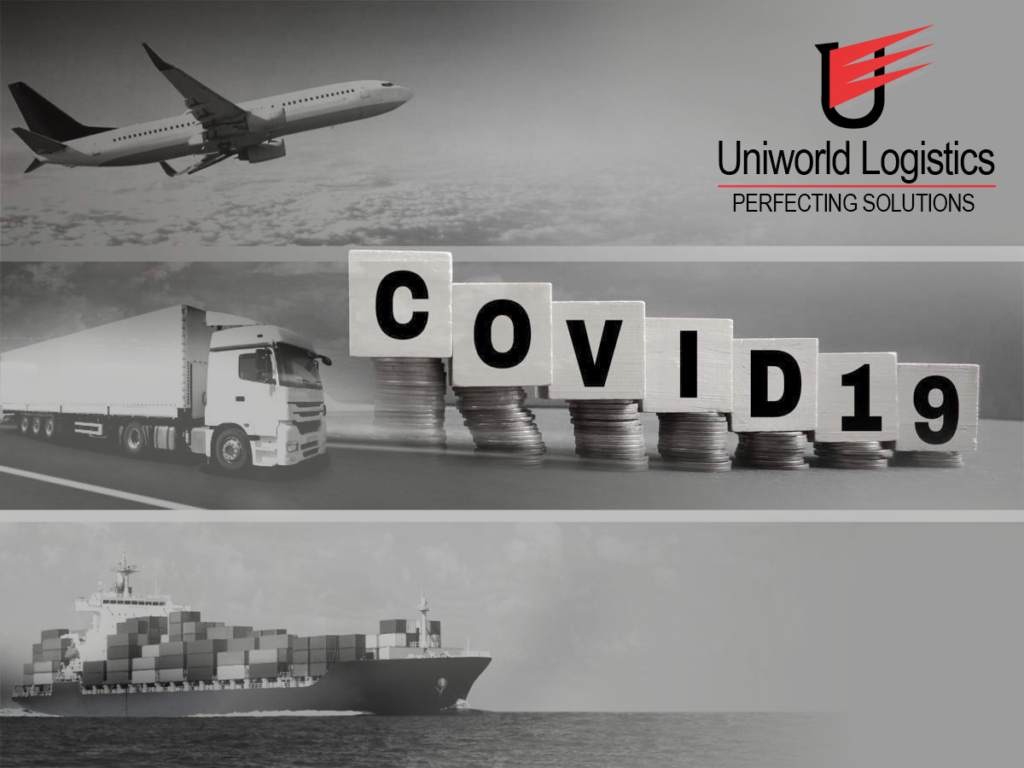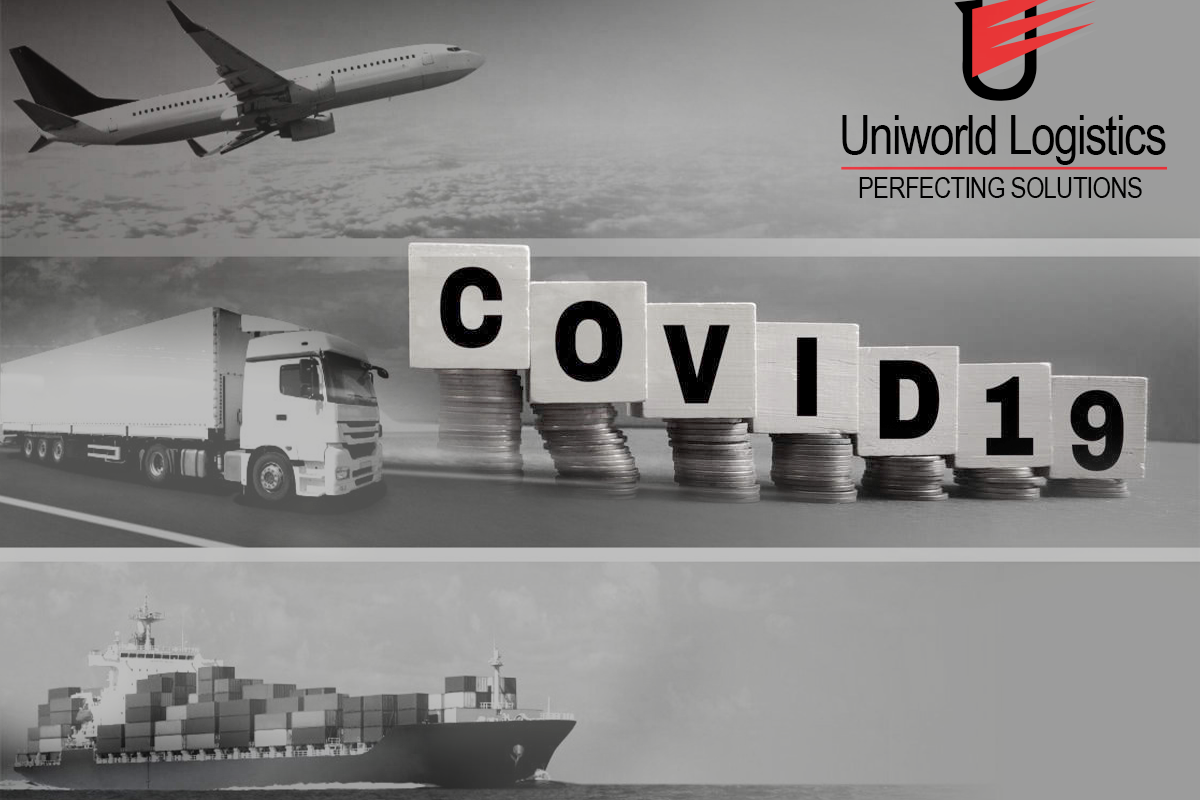The Union Budget 2021 spells good news for logistics players in India. While there are no direct investments planned, the budget will provide the required thrust for industries and sectors that impact the industry. Uniworld delves into what this means for Indian Logistics companies.

The year 2020 was one of many upheavals. With the lockdown and closure of many industries, the country went into a state of devastation – financially. As industries sought succour from the Government to recover from the damage caused by Covid-19, all eyes were on the Union Budget 2021 detailed by Finance Minister Mrs Nirmala Sitharaman, hoping for support to recover from a year devastated by COVID-19.
“Bringing down the logistic costs for our industry is at the core of our strategy to enable Make in India,” said Mrs Sitharaman.
The budget didn’t disappoint.
The critical declarations in the budget are in line with the ‘Make in India’ initiative. As part of this, there are plans to invest heavily in the Manufacturing sector. Besides, launching the National Asset Monetisation Pipeline (Power Grid Lines, Oil pipes, Gas Pipes, airport infrastructure, toll roads etc will be a game-changer as there will be increased convergence and improved efficiency.
Enhancement of road and highway infrastructure is also on the agenda. Several economic corridors and national highway corridors are planned. By March 2022, an additional 8500 km will be sanctioned.
Building Dedicated Freight Corridors (DFCs) by 2022 is also part of the commissioning process. Investing in highway/economic corridors aids in the quick transfer of goods and reduces turnaround time.
More Ports, Ships and Warehouses will be managed and operated in partnership with private companies under a PPP (Public-Private Partnership) Model in 2021-22.
What was disappointing?
Not bracketing fuel under GST. Petrol and diesel are the primary raw materials used by the industry. Taxes like ED, VAT and CST paid on fuel are add on costs as they are out of the purview of GST. Rising fuel prices, therefore, hurt the overall costs. Bringing petroleum products under the ambit of the Goods and Services Tax (GST) would have helped.
Insufficient thrust on digital technology and automation Efficiency, optimization, speed and timing are vital components of the logistics and supply chain industries. Amid a gamut of accelerating solutions, a vibrant digital and automatic environment will affect all sectors and help players from the logistics sector make the newest technologies while remaining robust and staying afloat. The budget needed focus on ramping up automation and digital technology for the industry.
Lack of interest in Electric Vehicles
The Logistics and Electric vehicle industries are becoming increasingly interconnected. Electric vehicles (EV) for logistics help in freight transportation, thanks to their high manoeuvrability. They are also more environmentally friendly, emitting less noise and reduced carbon footprint. Electric Vehicles have lower maintenance costs when compared to traditional engines. The budget did not mention any EV sector focussed initiative or policy. There was not much emphasis on the FAME scheme (National Electricity Mobility Mission Plan). The logistics industry was hopeful of witnessing a makeover of retail financing and infrastructure for EVs. Besides, lowering taxes on EV components would have helped give the necessary push in the right direction.” Sadly, this was missing.
How does this affect the logistics sector?
- Dedicated economic corridors and road infrastructure to improve logistic ecosystem efficiency
Priority on Dedicated Freight passages to decongest road networks and facilitate speedy freight transport services.
- Robust Indian flagship projects to increase Indian ship owners and reduce dependency on foreign players
- Push on Digitisation to smooth customer interface issues and increase transparency.
It is envisaged that this, in the long run, will reduce logistics costs considerably. The Government’s focus on the infrastructure sector will surely usher in constructive measures that will holistically contribute to the logistics sector’s growth.

